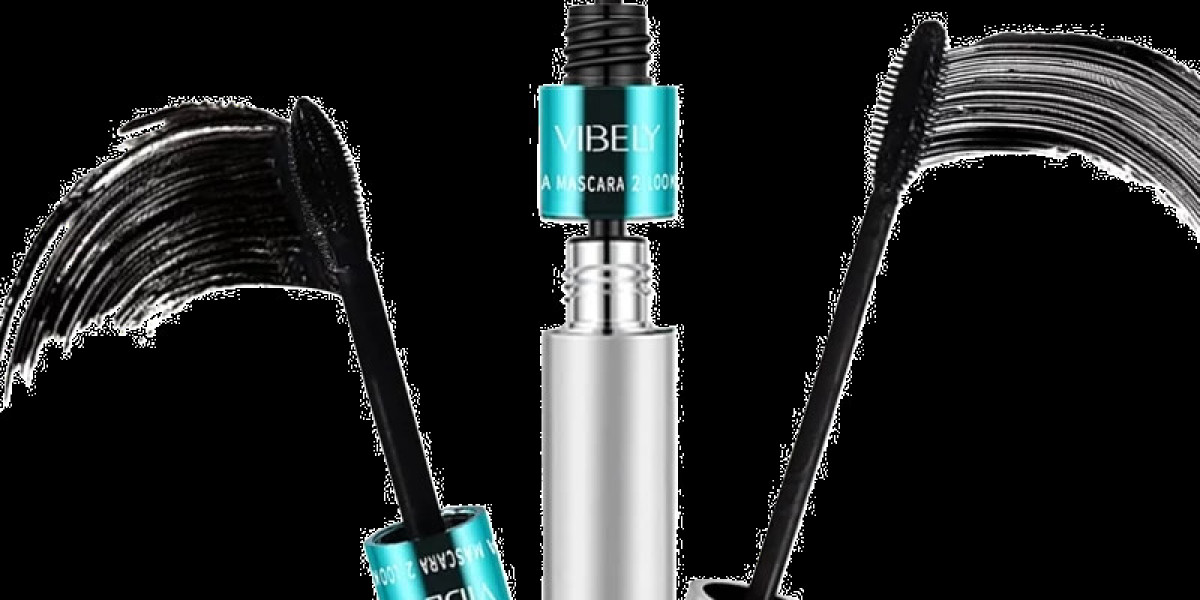A medical mobility scooter is an ideal way for wheelchair users move around. It has a bigger foot deck and its wheels have a lower turn radius than electric chairs.
It also provides ample storage space. Some portable models can be broken down into smaller pieces to fit in the trunk of a car.
The Medical Scooter can be purchased through Medicare
If you're having difficulty getting around without a wheelchair or walker it is possible to get Medicare to pay for a mobility scooter. Medicare Part B will cover up to 80% of the cost of medical mobility scooters if you meet certain criteria. Discuss with your doctor whether you are eligible for coverage. Then, contact an approved Medicare provider who accepts assignments.
A medical scooter is durable medical equipment (DME) that is defined by Medicare Part B. Medicare will only pay for medical scooters when you have a consultation in person with your doctor. A doctor will review your situation and determine if you're in need of mobility scooters to move around at home. If they do, they'll create a prescription which will permit Medicare to pay for the scooter.
If you have an approved medical prescription, you are able to begin looking for the perfect scooter. There are many aspects to take into consideration when choosing the best model, such as the capacity for weight and the turning radius. You'll also want to make sure the scooter is safe for use outside of your home and is able to take on various terrains.
Certain Medicare Advantage plans include scooter coverage however you'll have to confirm with your plan prior to purchasing one. Some have a deductible, so it's crucial to research them before making a decision. You should also consider the advantages of different models and brands. Some are more affordable and you should take into consideration the features you need.
The Medicare scooter coverage amount varies from plan to plan, however, most have the same basic requirements. To benefit from the benefits, you must be enrolling in Medicare Part B and a doctor will have to prescribe it. The doctor must also confirm that you're unable to get around your home without it. In most instances, scooters are covered when they are used indoors.
A Medicare-approved DME supplier will help you choose the right scooter for your requirements. They'll visit your home to assess your space and see whether the scooter is in a position to navigate your home's hallways, doors, and furniture. They'll also test the motor to ensure it will be able to take your weight and maneuver different types of terrain.
Medicare-approved scooters are available in different sizes and styles. Some are designed to be a fashion statement while others are made with superior performance in mind. The Maxima medical scooter is an excellent example of a stylish mobility scooter that delivers outstanding mobility and performance. It can hold up to 500 pounds and has a top speed of 5.3 miles per hour. It is available in two colors: Candy Apple Red and Viper Blue.
Obtaining a Medical Scooter Through Medicaid
There are a variety of funding options for those who are unable to move due to a medical condition. These include Medicare and Medicaid that provide aid to those who meet eligibility requirements. It is recommended to consult a medical professional to determine what type of medical scooter is the best fit for your needs.
Generally speaking, Medicare Part B pays for durable medical equipment (DME) such as mobility scooters based on the prescription of a doctor and a demonstration of a need for the device. Contact your local Medicaid office and find out if they can help you. If you're eligible, choose a DME provider that accepts Medicaid and will collaborate with your physician to obtain the necessary documents.
Once you've discovered an DME provider that accepts Medicaid Select the right scooter for your medical needs. Take into consideration factors like the turning radius, the weight of the assemble, and clearance to the ground. For example, a three-wheeled mobility scooter can be more maneuverable in tight spaces or around corners than a four-wheeled model. It is also important to consider the weight of the entire unit, as lighter scooters are easier to transport and put together.
Some states have additional programs to help with the purchase or rental medical scooters. You can contact your local Department of Health or department of aging to find out more about these programs. Veterans Affairs also offers a variety of mobility aids for disabled veterans who meet the criteria.
The process of getting an medical scooter under Medicaid can be long however, it is crucial to be patient. You can make the process of obtaining a medical wheelchair through Medicaid as easy as possible by working closely with your physician and looking up information about coverage.
You might also be able to purchase a scooter through your private insurance company, or from other funding sources such as grants and community organizations. However, the exact process will differ by state and organization. You can contact local disability groups or independent living centres to find out what options are available in your region. These groups may be able recommend local companies that provide Medicaid-approved scooters. In addition, they might be able to assist you in the process of applying for.
Obtaining a medical scooter through private insurance
In addition to Medicare, private health coverage can also provide mobility scooters. In this instance, the insurance company will consider medical necessity and other factors. This will include a face-to examination of the face and a prescription from a licensed medical professional. In addition, the scooter must be deemed to be necessary for everyday use and be able meet specific weight capacities and other specifications. Some insurance plans for private individuals may also provide coverage for accessories for the device.
Typically medical scooters are covered under Medicare Part B in the event that they're deemed durable medical equipment (DME). This means that the device will be paid up to 80% by the insurer after the deductible is met. However, the user is responsible for the remaining 20 percent. This is true for the majority of types of scooters, including three- and four-wheel scooters. However, there are some exceptions to this rule. Some models are too large to be considered to be portable and have to be pulled by an automobile.
To get a medical scooter under private insurance, the first step is to obtain an appointment with a doctor. Then, the person will have to locate an DME company that will accept their insurance. The DME company will then send the medical records and order forms to the insurer to be approved. After the insurance has accepted your request, you'll receive the medical scooter.
One important thing to remember when obtaining medical scooters through private insurance is that the device must be used for everyday activities. It should be able to assist the user move around, perform routine tasks such as dressing, bathing and eating. The scooter can also be used to move from and into the house. In some instances, a medical scooter can be used to go to the shops.
 Medicaid could pay for medical scooters in certain states. However, every state has its own rules. For instance, in some states, the Medicaid program only covers scooters that are rented from a contracted Medicare supplier. This is called the Competitive Bidding Program. In certain instances, Medicaid may only cover medical scooters that are standard models and are available at a reasonable cost.
Medicaid could pay for medical scooters in certain states. However, every state has its own rules. For instance, in some states, the Medicaid program only covers scooters that are rented from a contracted Medicare supplier. This is called the Competitive Bidding Program. In certain instances, Medicaid may only cover medical scooters that are standard models and are available at a reasonable cost. A medical mobility scooter is an excellent tool for individuals who are unable to move. In the event of injury or illness using the scooter can help people regain their independence and live a more active life. In many instances, medical handicap scooters are a better alternative to wheelchairs. It offers greater comfort and stability, making it a great choice for those who want to be able to move around. In most situations it is the best option for those who have difficulty standing or walking for long periods of time.
A medical mobility scooter is an excellent tool for individuals who are unable to move. In the event of injury or illness using the scooter can help people regain their independence and live a more active life. In many instances, medical handicap scooters are a better alternative to wheelchairs. It offers greater comfort and stability, making it a great choice for those who want to be able to move around. In most situations it is the best option for those who have difficulty standing or walking for long periods of time.



